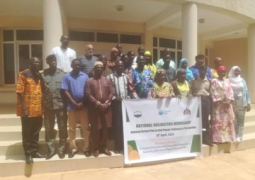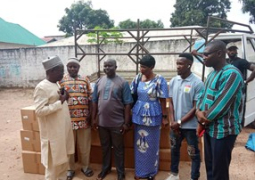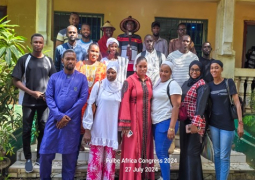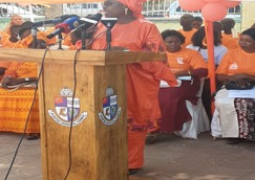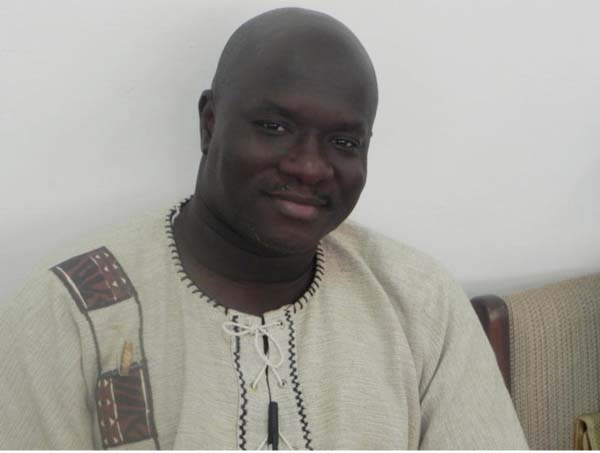
Jobarteh was speaking recently while presenting on 'Lawmaking Process' at the University of the Gambia. The event was part of the ongoing training for parliamentary reporters on legislative proceedings.
Jobarteh underscored the role of the media especially in covering parliamentary issues.
"Media should ensure full coverage of laws that are made by the legislature and undertake its scrutiny."
He cited that Section (100) mandated that the legislative powers shall be exercised by bills passed at the National Assembly.
He disclosed that the types of bills tabled at the assembly are bills introduced by the President, Vice President or Minister called Government bill, Committee bill, introduced by a committee.
He noted that member bills are introduced by a Member of the Assembly. “Section (64) dictates that a bill shall be accompanied by a memorandum or reason for it”, he emphasised.
Jobarteh made reference to Section (101) of the constitution, which states that no bill shall be introduced that makes provision for the imposition or alteration of taxation.
"Section (101) dictates that a bill or motion may be introduced by a member of Cabinet or National Assembly Members and it shall be accompanied by an explanatory note, setting out in detail the policy, principles and reason of the bill and the defect which it intends to remedy."
He explained that when a bill is passed, the President has within 30 days to assent to it, adding that the President can return a bill back to the National Assembly with comment for further consideration.
He, however, noted that the National Assembly shall have no power to pass a bill to establish a one-party state, establish any religion as a state religion and alter the decision or judgment of a court.


